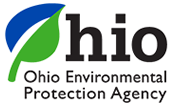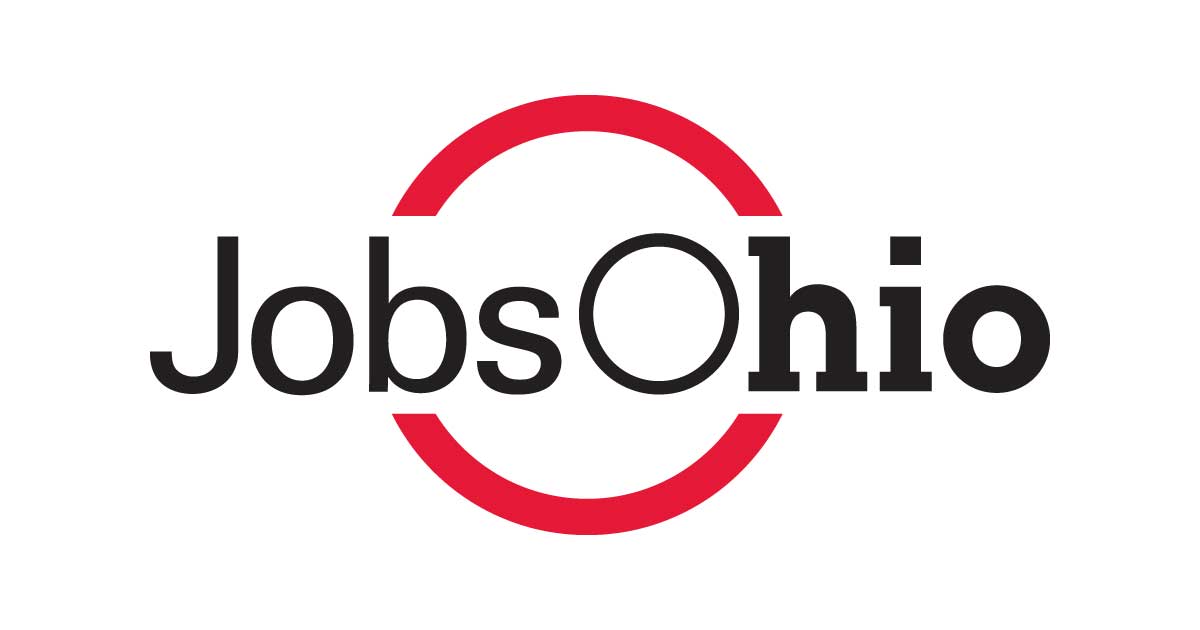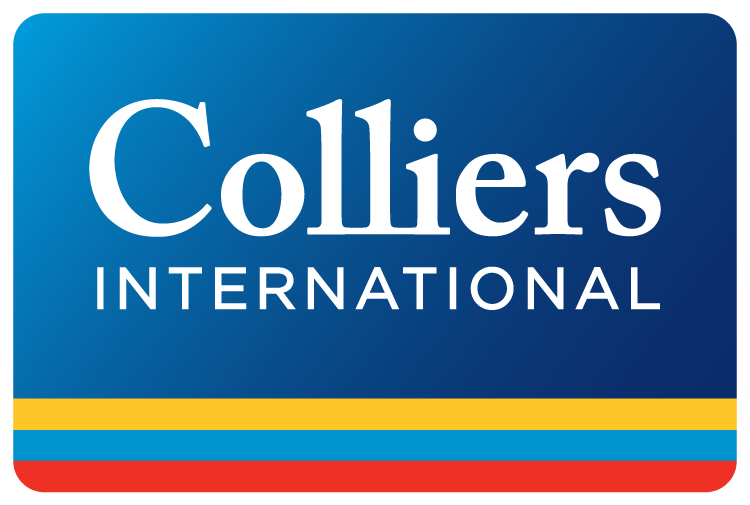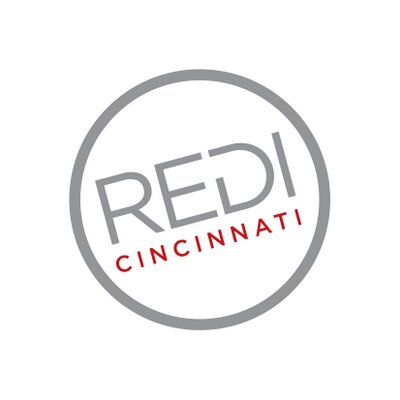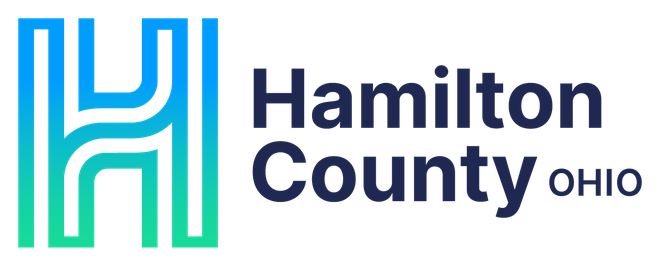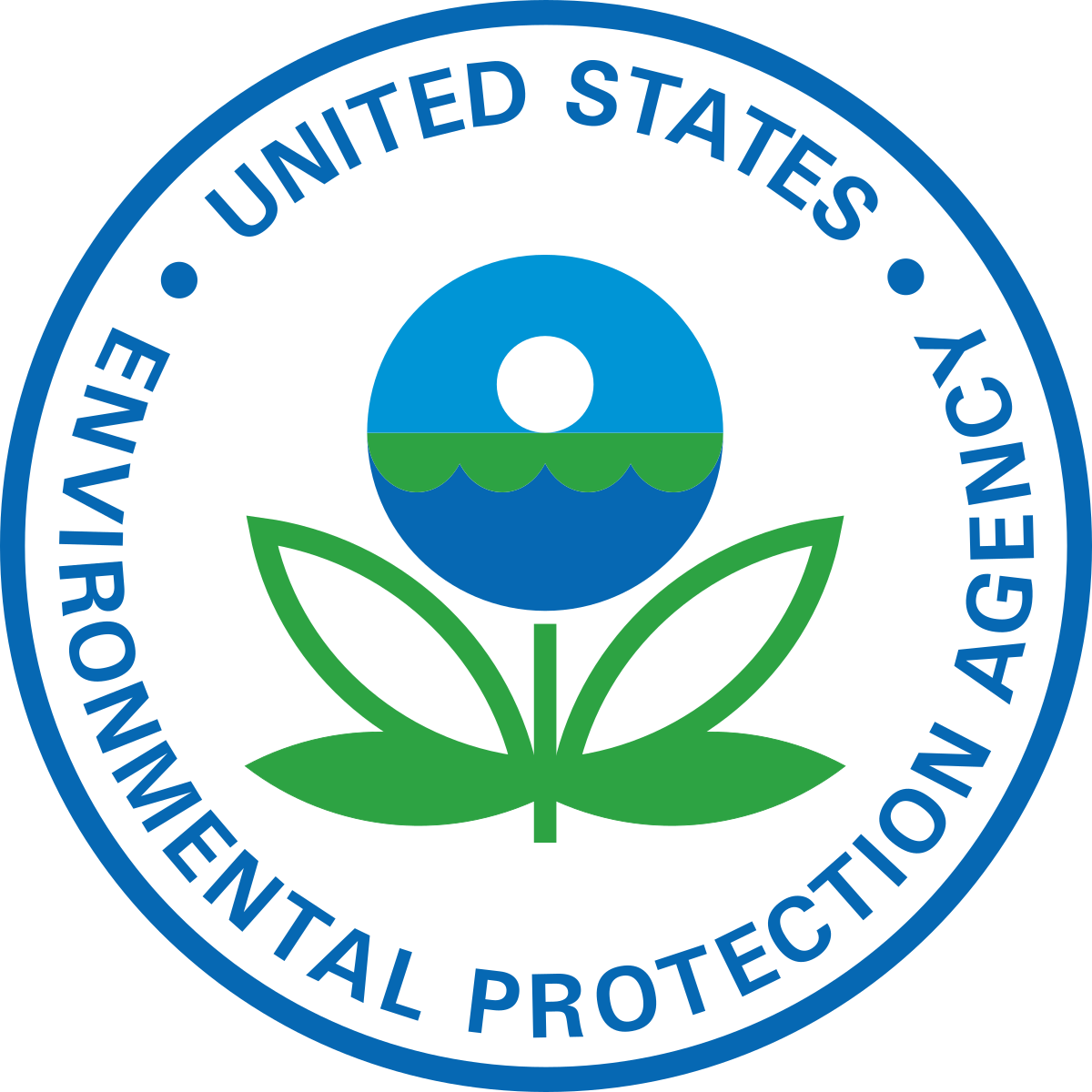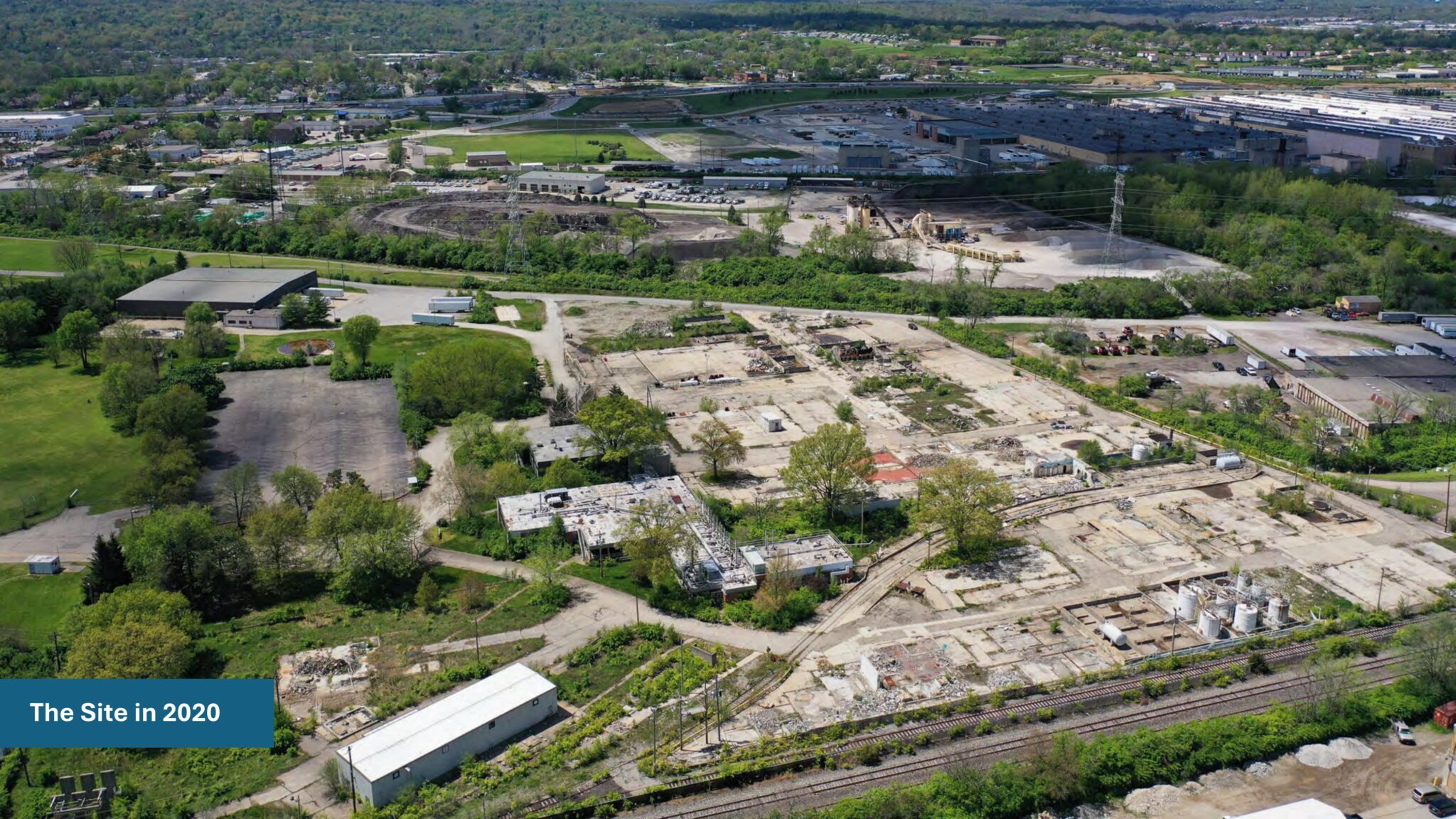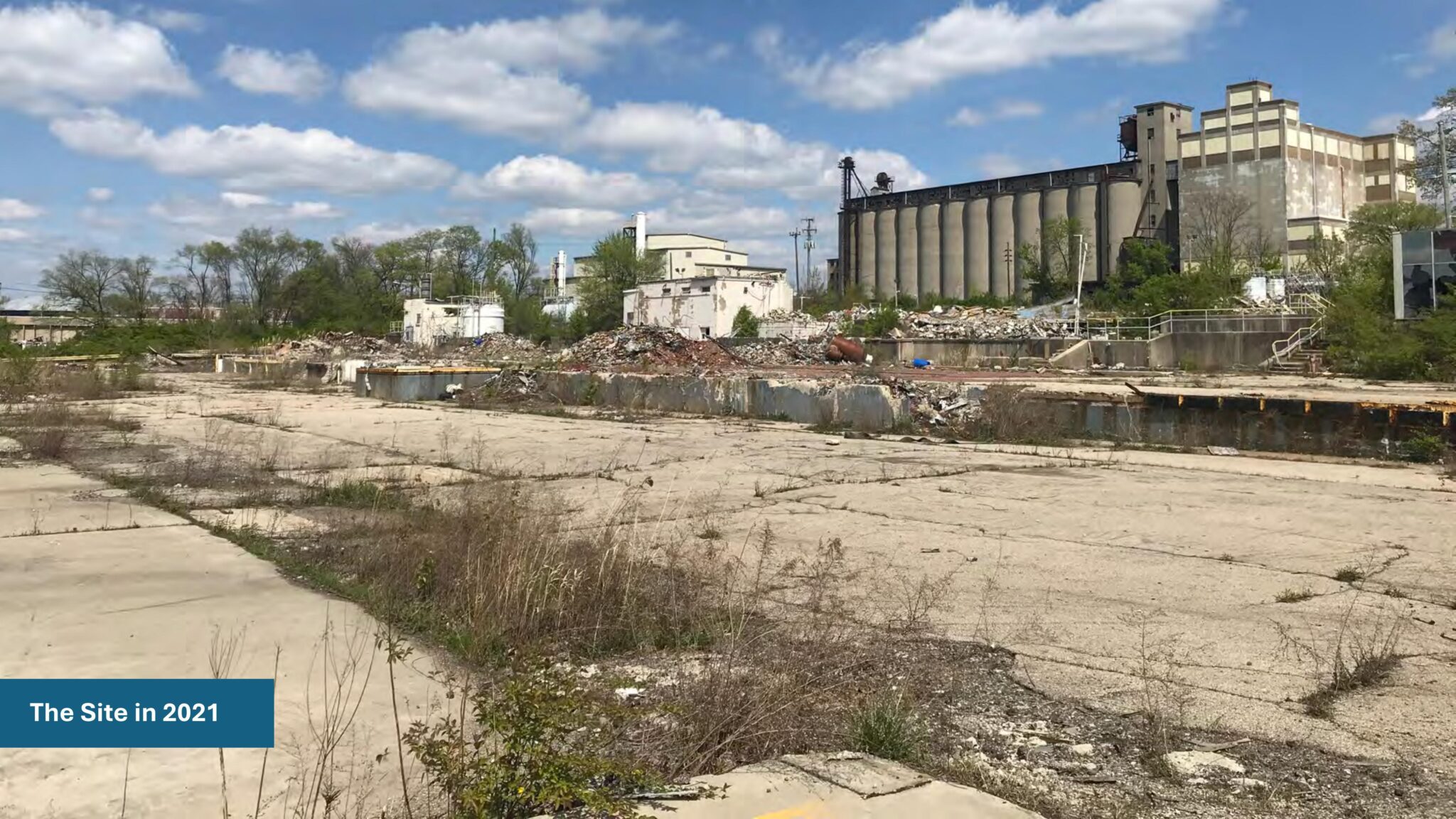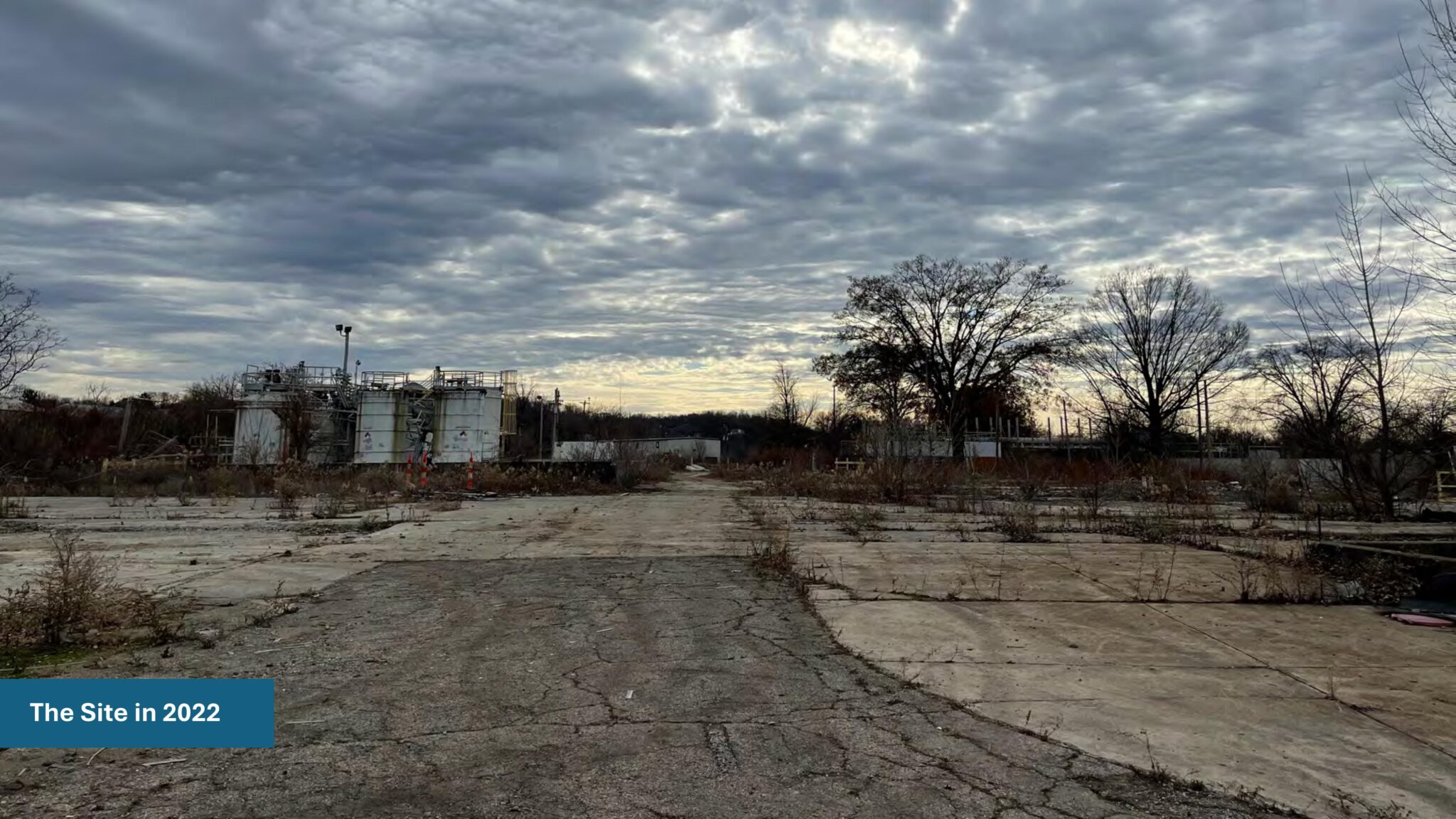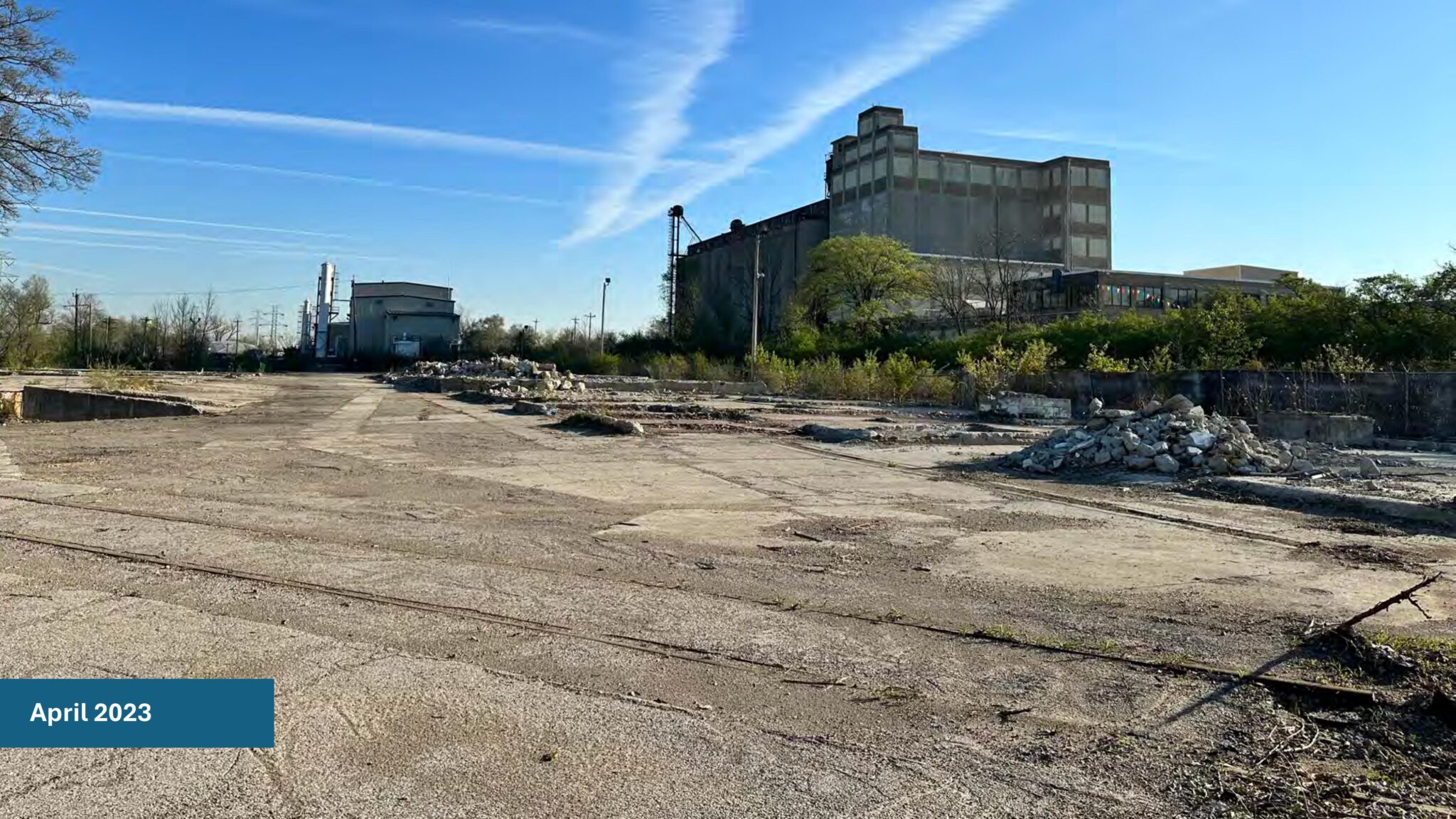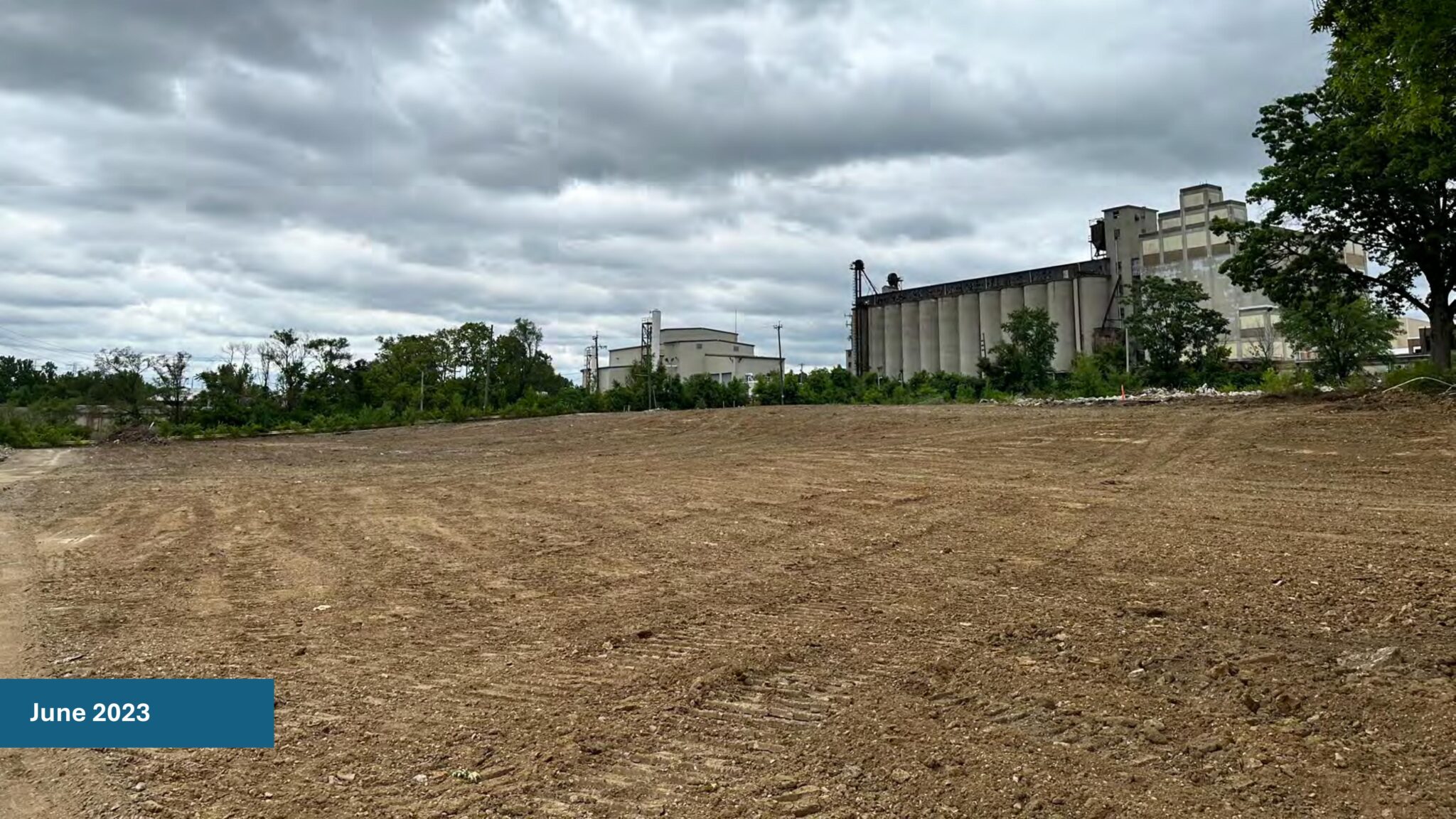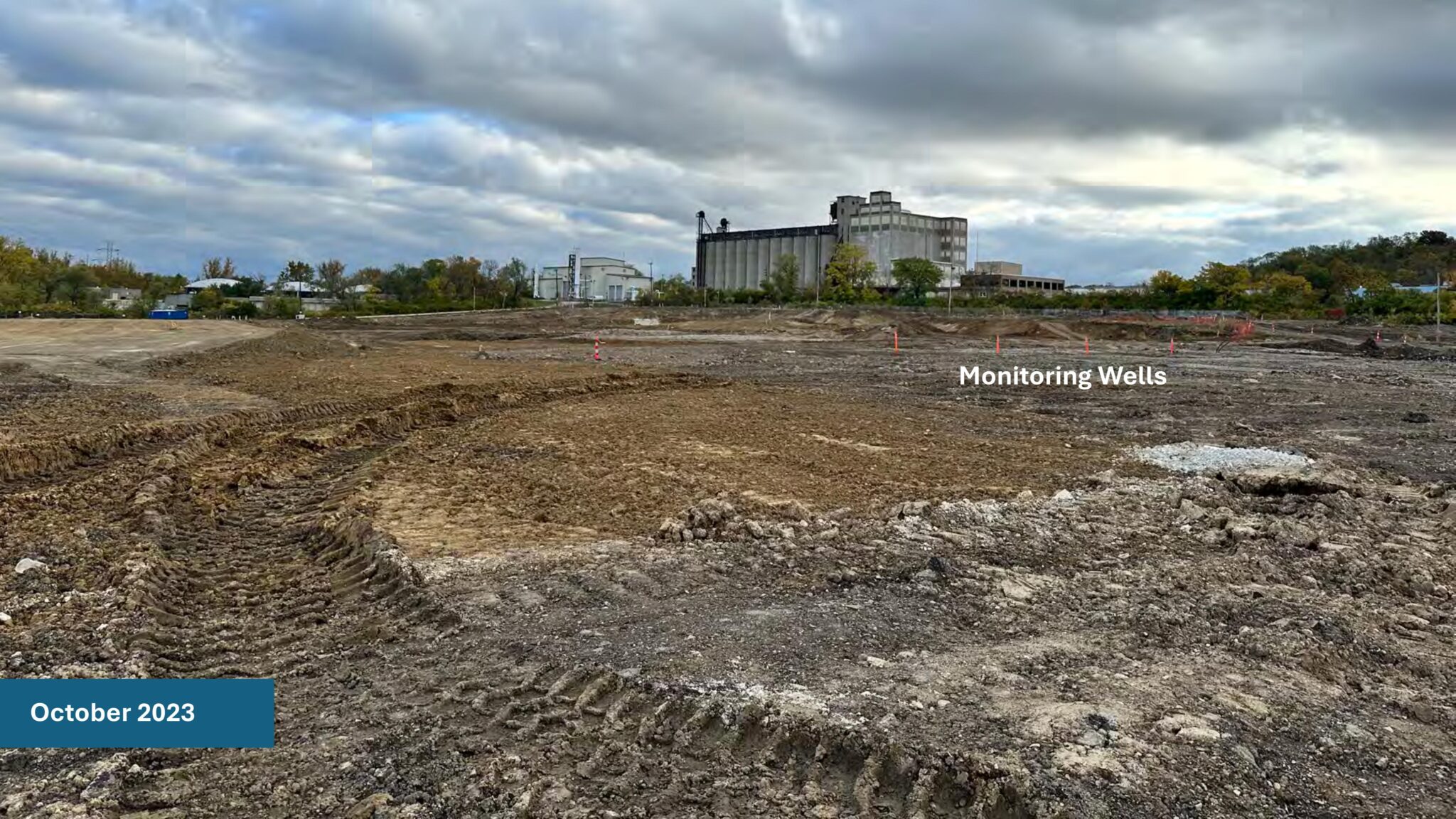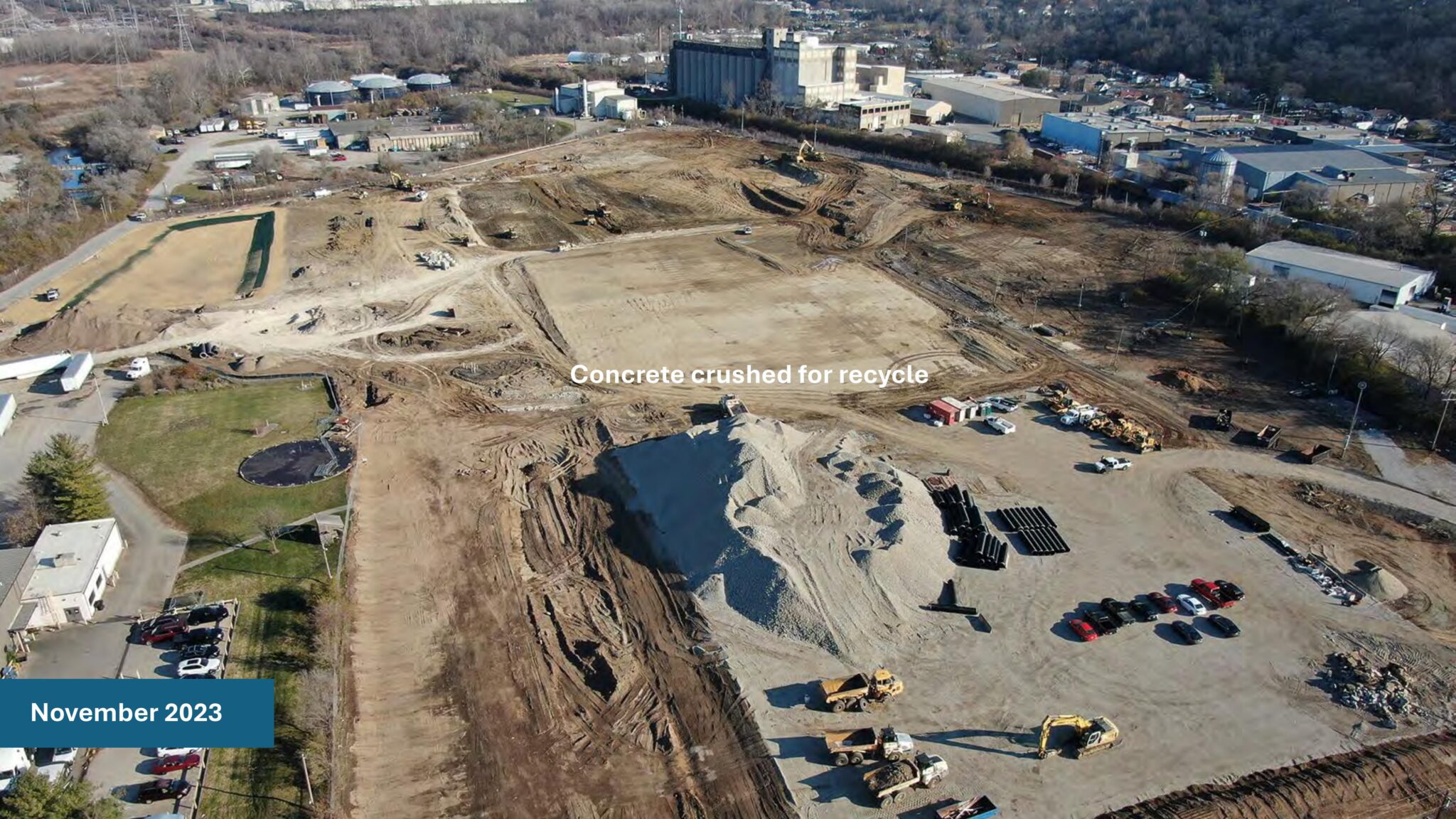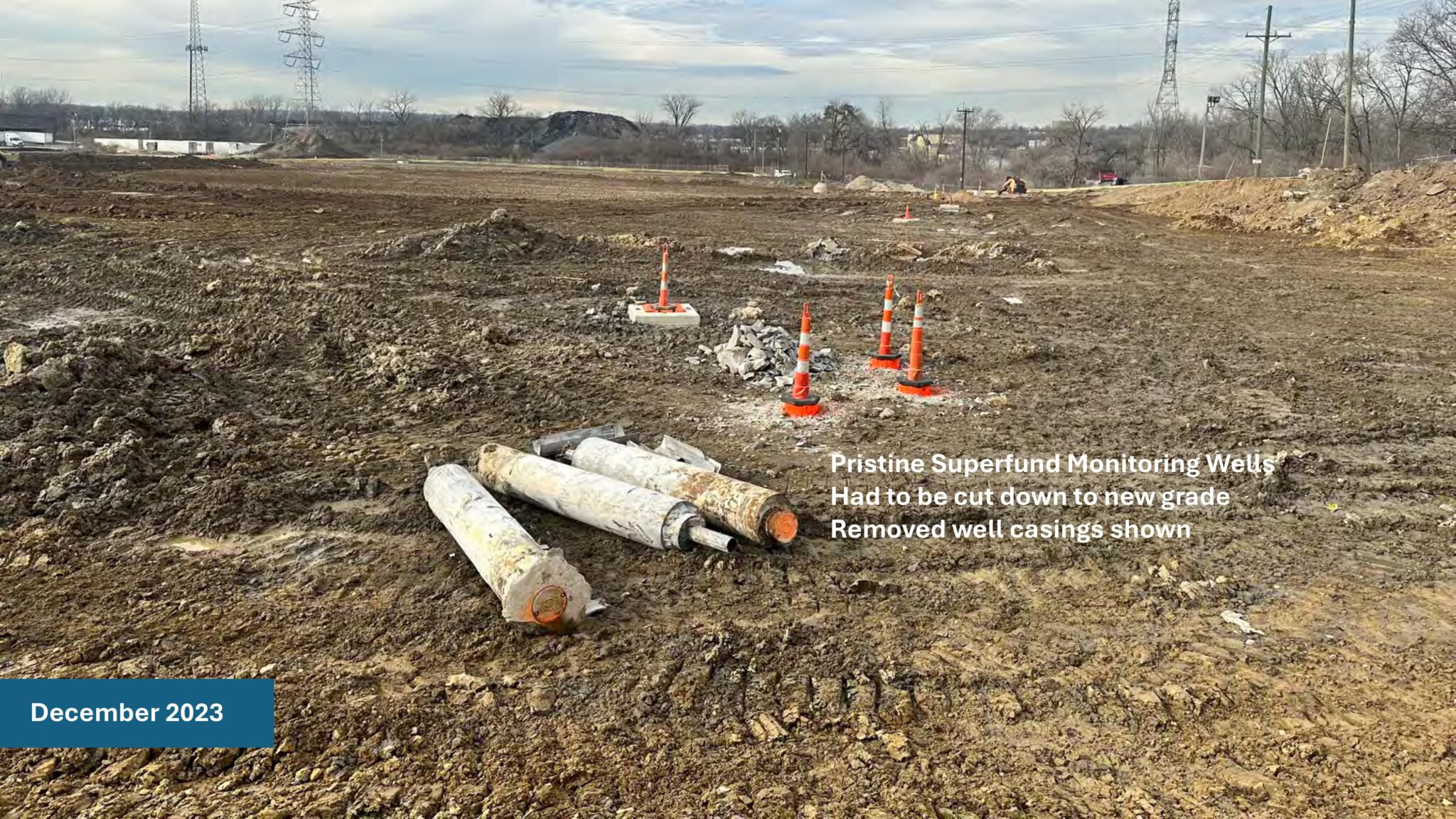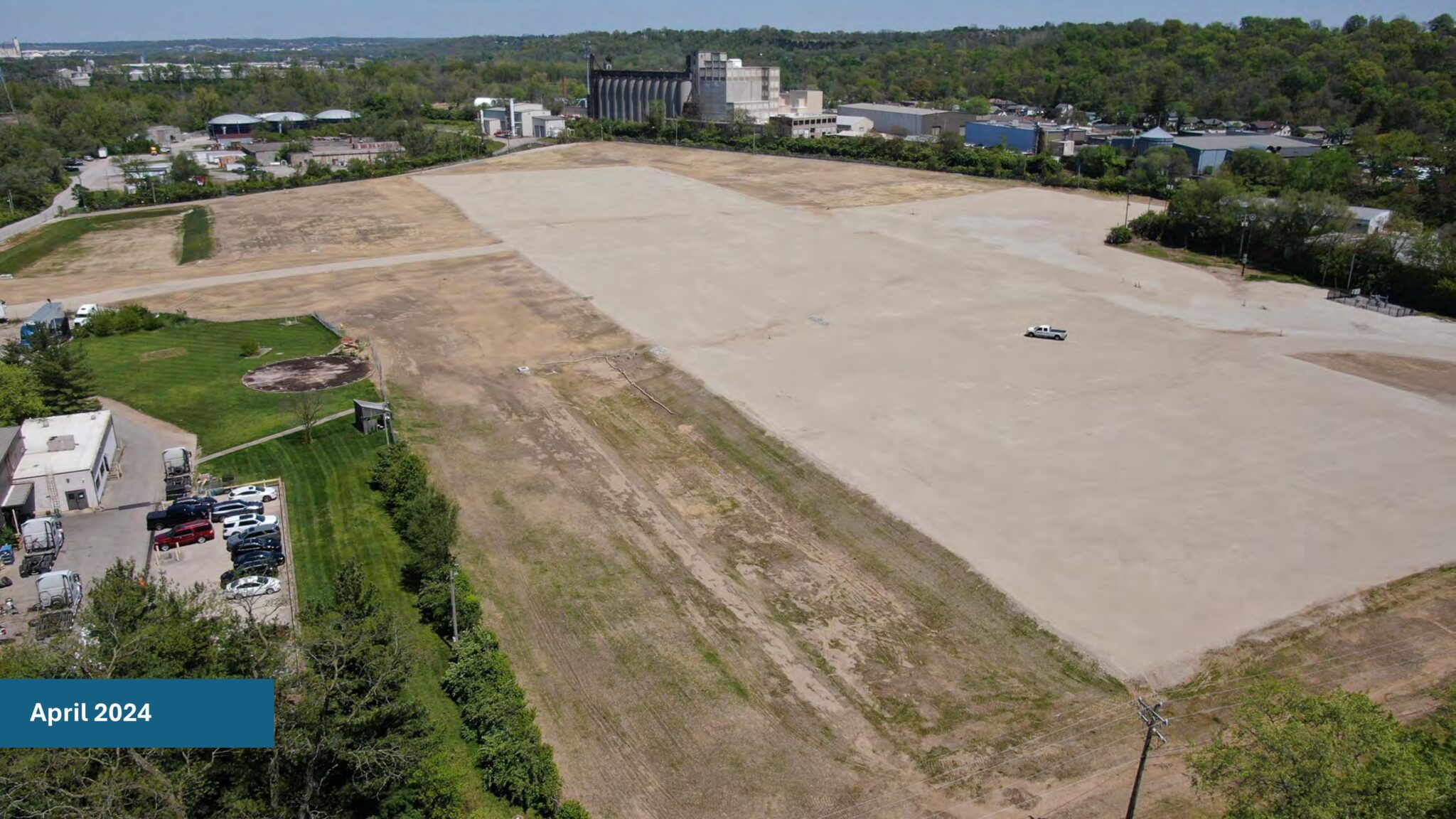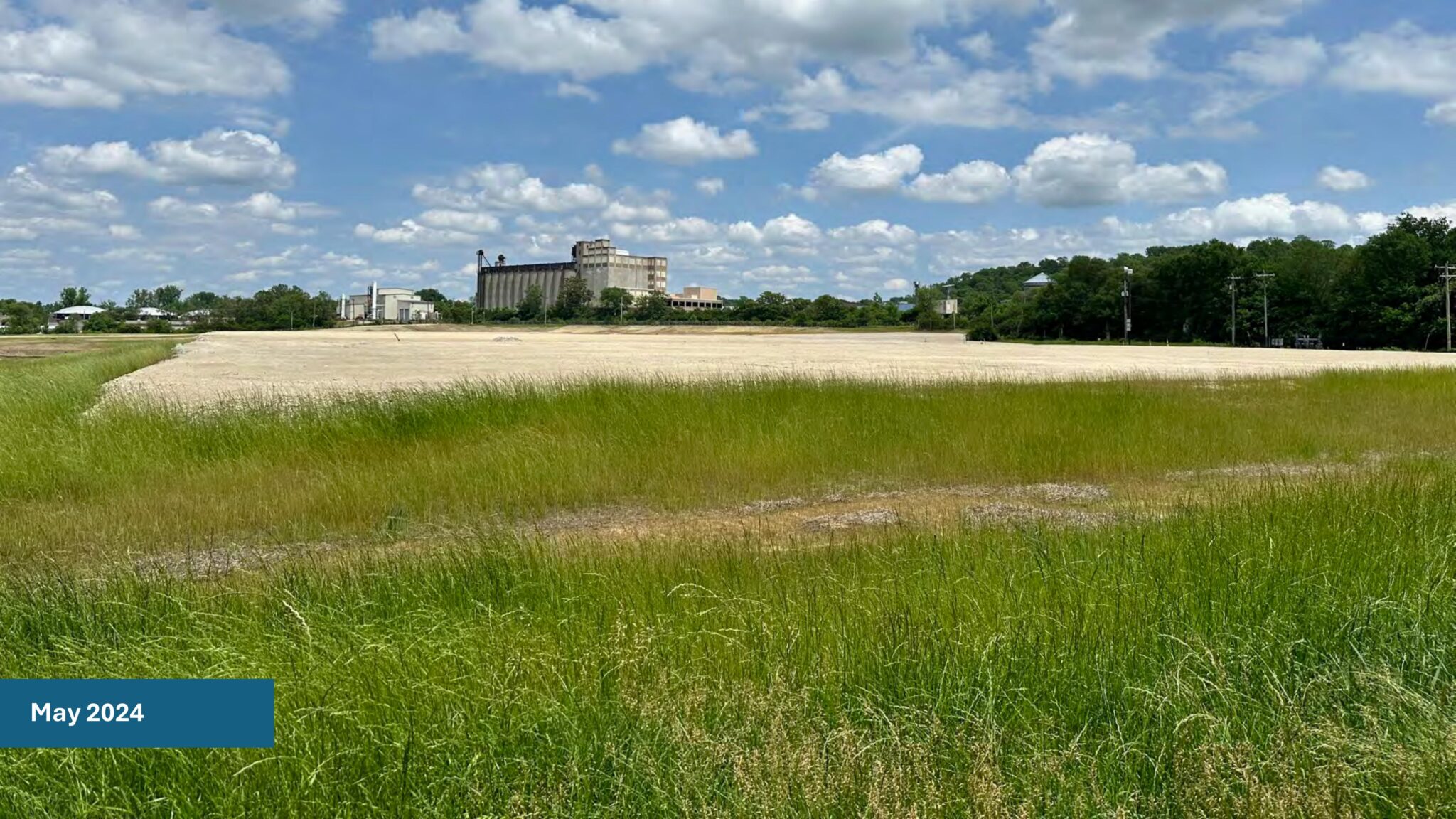Centennial Industrial Park at Reading
Centennial Industrial Park at Reading
Building / Site History
The 25-acre site was a chemical manufacturing plant for over 65 years, beginning in 1949 when it was developed by Cincinnati Milling Machine as Carlisle Chemical Works. Over the decades, it was owned by Cincinnati Milacron, Carstab, Thiokol, Morton International, and Rohm & Haas (Dow Chemical). The facility produced chemicals used in vinyl siding, plastics, windows, and related materials.
At its peak, the campus included 28 buildings, including processing plants, packaging facilities, labs, warehouses, utility structures, and water/waste treatment. The site even once housed an underground bomb shelter that served as a cafeteria.
By 2014, the site’s industrial operations had ceased. The closure cost the City of Reading 230 jobs, over $200,000 annually in earnings taxes, and $50,000 in water revenue. The property was left with extensive environmental challenges, including contaminated drums, above and underground storage tanks, affected soils, and legacy groundwater issues.
Project Overview & Acquisition
In November 2019, The Port acquired the property as part of its Industrial Revitalization strategy. The acquisition aligned with the City of Reading’s 2019 Master Plan and an EPA goal to lift prior remediation orders that hindered redevelopment.
Before acquisition, the City had invested in enhancements to Riesenberg Avenue, extending, widening, and improving access to open up connectivity to the site and neighboring parcels.
Financing was structured through The Port’s Patient Capital Notes program (which issues mission-oriented debt to accredited investors), supplemented by local, state, and federal grants. Pre-acquisition due diligence was supported by a USEPA assessment grant, City contributions, and philanthropic grants.
Environmental & Regulatory Work
The facility’s long industrial legacy included solvents, metals, acids, fuels, benzene compounds, and more. Over time, prior owners (notably Dow) had conducted corrective measures under RCRA orders, including groundwater extraction to protect the adjacent Mill Creek (once designated as “the most endangered urban river in North America”).
From 2000–2016, investigations and risk assessments identified remaining contamination in soils, groundwater, and vapor intrusion potential. In 2017, the EPA approved the shutdown of Dow’s groundwater extraction system and terminated the prior RCRA order. Oversight was then transferred to the Ohio EPA.
Redevelopment Phases & Construction
- Phase 1 (Nov 2022 – Feb 2023): Asbestos abatement and above-grade demolition
- Phase 2 (May 2023 – Sept 2023): Below-grade demolition, concrete processing (crushed concrete stockpiled onsite for reuse)
- Phase 3 (Sept 2023 – Feb 2024): Utility demolition, mass grading, and installation of utility infrastructure
After completing final environmental orders and infrastructure improvements in early 2024, the property was sold to Givaudan in December 2024.
In October 2025, Givaudan broke ground on its new Taste & Wellbeing facility, worth approximately $215 million. The facility will create hundreds of jobs and restore economic activity to Reading and Hamilton County.
Funding & Partnerships
- Funding Partners: Ohio Department of Development Brownfield Remediation, JobsOhio, USEPA Revolving Loan Funds, Hamilton County, City of Reading
- Public & Regulatory Partners: City of Reading, Hamilton County, USEPA, Ohio EPA, ODOD, Colliers, REDI Cincinnati, Alloy Development, JobsOhio
Consulting & Contracting Partners:
• Infrastructure & Development Engineering, Inc. (civil)
• Terracon (environmental)
• Alt & Witzig (geotechnical)
• Thompson Hine LLP (legal)
• O’Rourke Wrecking, Sunesis Environmental, Sunesis Construction
Innovation & Legacy
This project demonstrates how complex brownfield sites can be reborn through strategic funding, rigorous environmental planning, and public/private collaboration. The innovative finance approach, combined with technical solutions and strong regional partnerships made this transformation possible.
Most importantly, the site is no longer a relic of industrial decline; it’s a new engine of economic growth, environmental renewal, and community resurgence.
The ground breaking for the new Givaudan Flavors Corporation facility was on October 7th, 2025, and the new state-of-the-art facility plans to create hundreds of jobs.
Impact:
- Creation of hundreds of high-quality jobs under Givaudan’s investment
- Restoration of lost tax revenue and water revenue for Reading
- Repositioning a formerly contaminated brownfield into a modern industrial asset
- Ongoing environmental safeguards
Project Specs:
- $215 million investment
- 230 jobs
- 25 acre property
Partners
